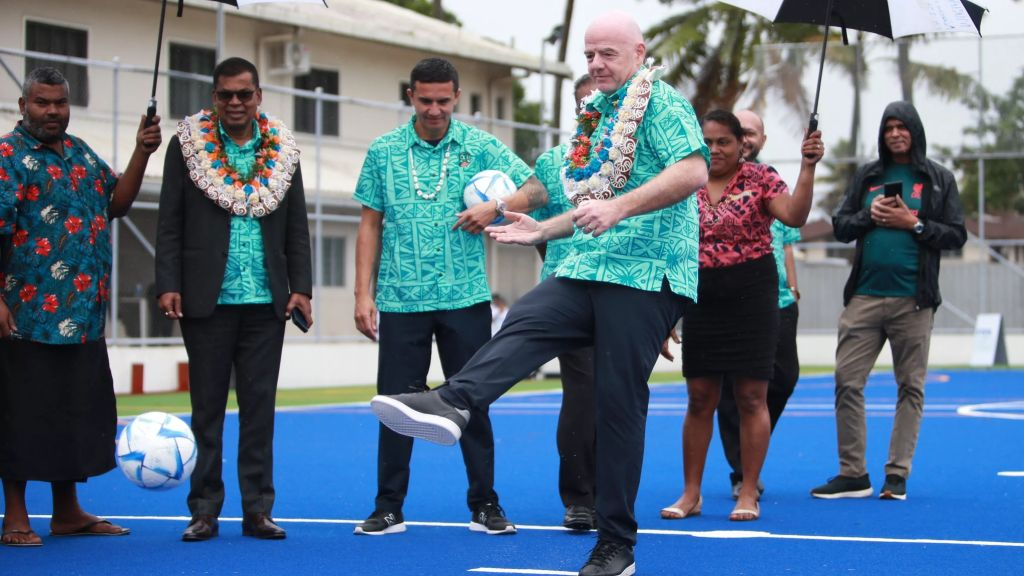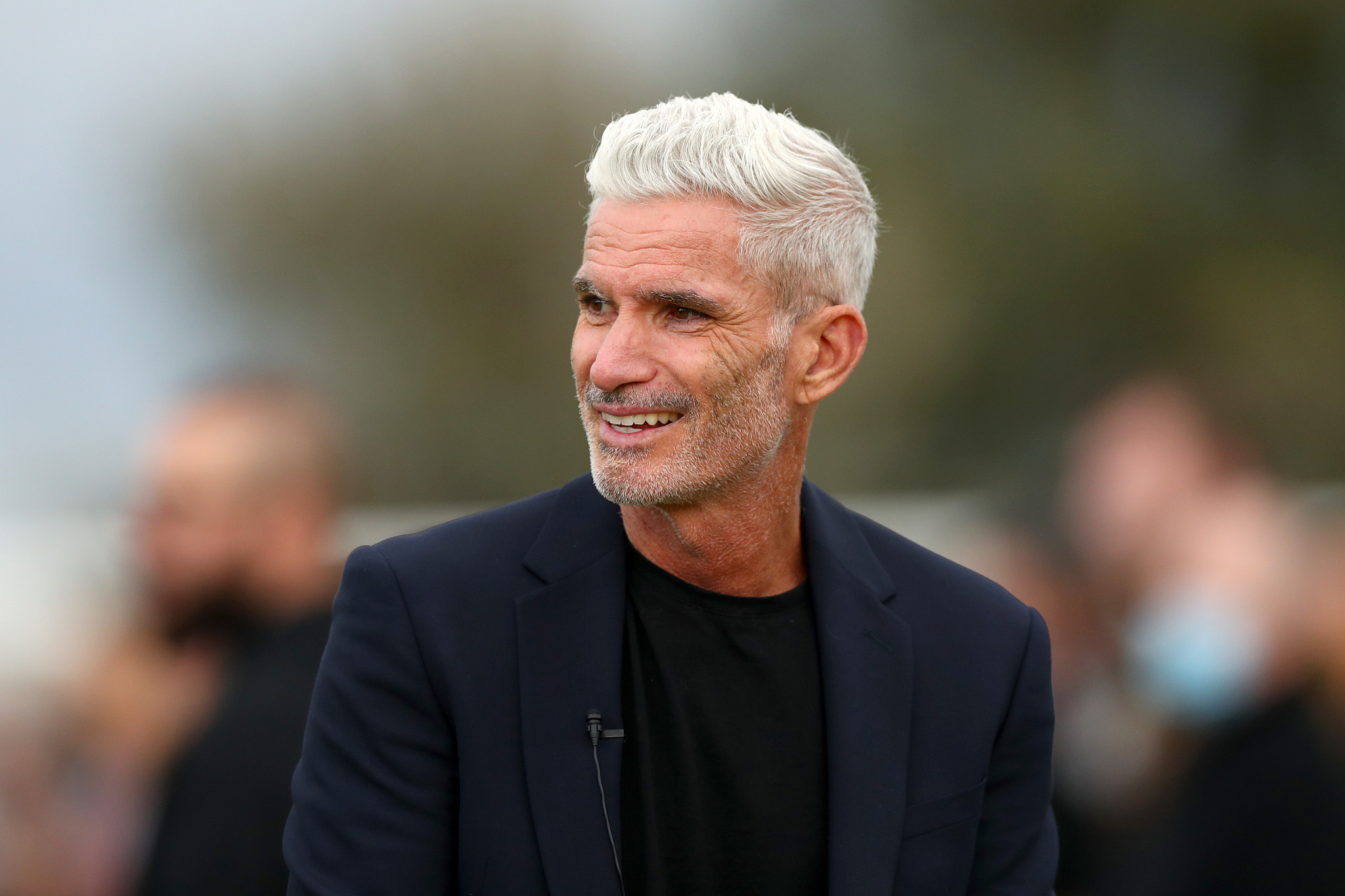Former Australian international footballer and human rights activist Craig Foster has criticised FIFA for insufficient action against climate change at the Women’s World Cup in Australia and New Zealand.
Attention has been drawn to FIFA President Gianni Infantino’s use of a private jet to spend six days away from the tournament in the Pacific islands.
The International Olympic Committee member in Switzerland is believed to have travelled more than 40,000 kilometres by air during the Women’s World Cup.
Foster claimed the governing body had been influenced by oil-rich Saudi Arabia and gas-rich Qatar, which held last year’s men’s FIFA World Cup, in failing to fulfil obligations under the United Nations (UN) Sport for Climate Action Framework.
“True to form, FIFA are signatories to the UN Sport for Climate Action Framework, which compels them not just to create sustainable events, but actually to advocate for climate action in the Paris Agreement,” he said, as reported by insideworldfootball.
“They have not, of course, they have not done that.
“They don’t want to upset Saudi Arabia and Qatar, who are two of their biggest funders, and funding and purchasing football clubs all around the world.”

Foster described Australia and New Zealand 2023 as a missed opportunity to step up the fight against climate change, and also criticised the tournament organisers.
“There are close to two billion people watching this World Cup and this was an opportunity to say to all of them, football globally stands for climate action in a bright, courageous way – we want to see the planet saved because ultimately, there’s not going to be a lot of kicking the balls in floods, in bushfires, and in low-lying areas that are going to be an ocean,” the former Socceroo, who played in England for Portsmouth and Crystal Palace, added.
FIFA was criticised after Qatar 2022 by the Swiss Fair Trade Commission for a “misleading” claim that it was the first “fully carbon neutral World Cup”.
The Australian Olympic Committee and governing bodies including Netball Australia have previously faced criticism for sponsorship deals with mining firm Hancock Prospecting.
Mining of resources including coal, natural gas, iron ore, zinc, gold and diamond are key industries in the Australian economy, but there are major concerns over their local and wider environmental impact.

FIFA has published a sustainability strategy for the Women’s World Cup covering social, economic and environmental goals for the tournament.
Its 10 venues for the tournament are “green building certified”, and it plans to use “carbon credits” which fund projects to reduce greenhouse gas emissions in an attempt to offset emissions team travel.
The Women’s World Cup in Australia and New Zealand is the first featuring 32 teams and the first held in more than one country.
It is due to conclude on Sunday (August 20) with the final between Spain and England.

